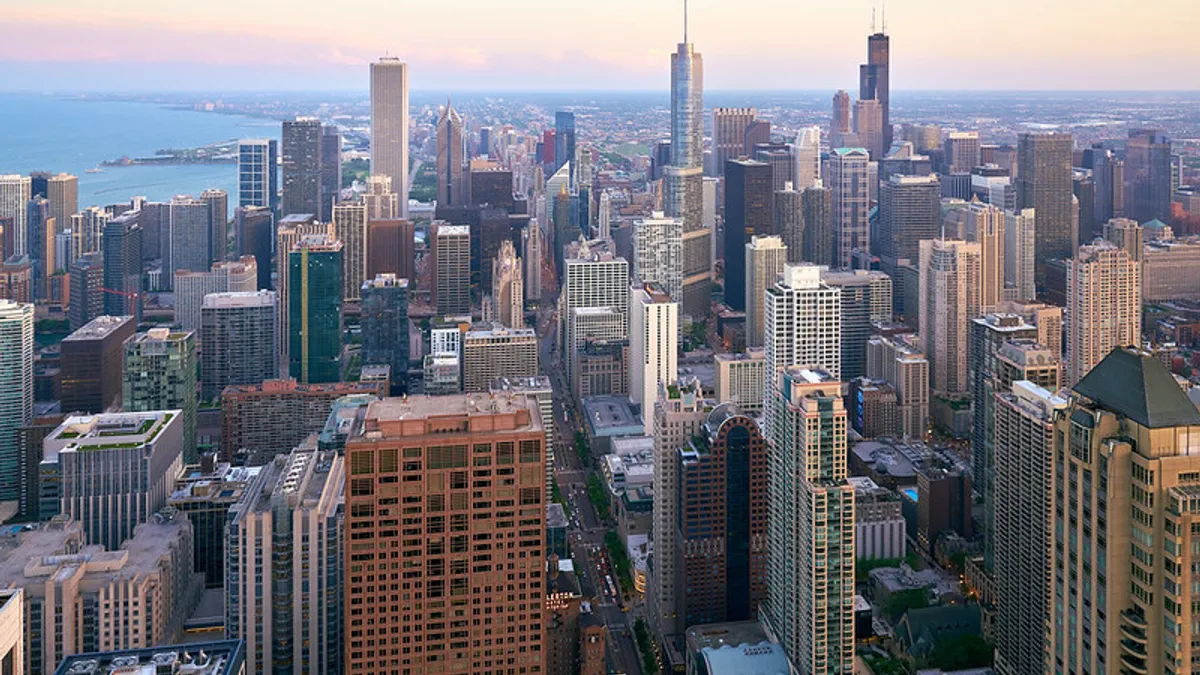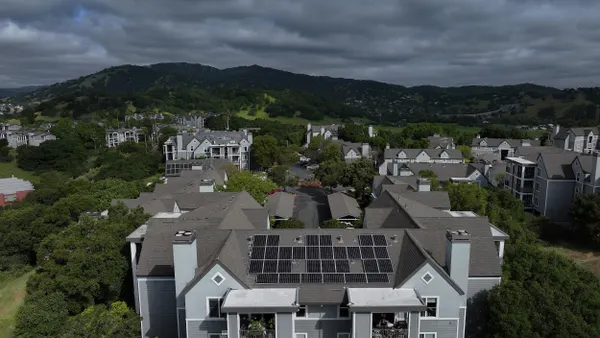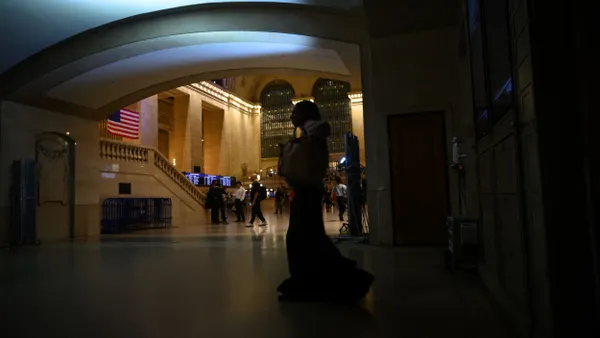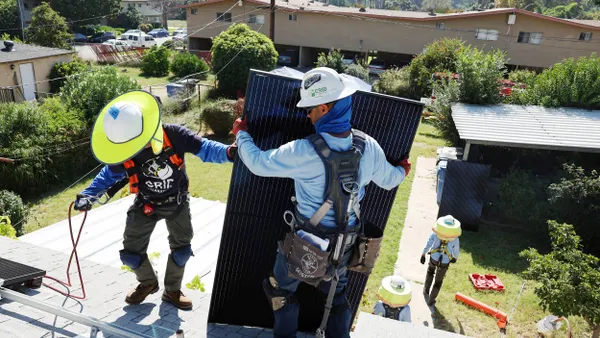Dive Brief:
- The City of Chicago issued a request for information (RFI) for its electric utility franchise, currently held by Commonwealth Edison (ComEd). This is the first time in nearly 30 years that Chicago is evaluating its options for electricity delivery.
- The city has identified priority areas for the next agreement including safe and reliable power service, more transparency and accountability, greater equity and the advancement of climate goals like carbon reduction.
- ComEd plans to participate in the RFI, ComEd CEO Joe Dominguez said last week on an earnings call for parent company Exelon. "We're pretty confident that ComEd is going to be successful at the end," he said. "We're leaning in on the city's priorities around energy efficiency, jobs, support for low-income families, clean and renewable energy, and more."
Dive Insight:
The revamp of the franchise agreement, which expired at the end of last year, is considered a once-in-a-generation opportunity.
The RFI comes after more than a year of back-and-forth negotiations between the city and ComEd. The current agreement's conditions remain in place until a new agreement is signed or one of the parties exits, and has been in place since 1992. The one before that was enacted in 1948. The amount of change in power generation and distribution in that time is one reason the city wants to modernize the agreement.
"The environmental and energy landscape has changed so much in that period of time," said David Reynolds, City of Chicago commissioner for the Department of Assets, Information and Services. "It's very reasonable — and in fact, I think it's what is expected of us — to... not just rehash something that's similar in nature and form to the one from 75 years ago, but really adjust it to reflect the realities of today with respect to energy and equity."
The equity aspect is particularly lacking in the current franchise agreement, Reynolds said, noting the only similar element is a goal to create opportunities for women and minority business owners. Chicago wants equity to play a more prominent role in the new agreement. In fact, the mayor's office notes that all future electricity franchises will consist of two elements: the franchise agreement itself and a companion Energy and Equity agreement.
"We need an electricity franchise that delivers better results for our residents," Mayor Lori Lightfoot said in a stateement. She cited reasons such as ComEd disconnecting certain customers' power during the pandemic as well as recent rate increases. ComEd's rates are regulated by the Illinois Commerce Commission, not the City of Chicago.
Sustainability is another key policy priority. The city aims to reduce its greenhouse gas emissions up to 28% from 2005 to 2025. The franchise agreement should reflect that push toward cleaner, lower-emissions electricity, especially as sectors like transportation and buildings move toward greater electrification to reduce carbon emissions, said Chicago Chief Sustainability Officer (CSO) Angela Tovar. Lightfoot appointed Tovar to the CSO role last year.
The city's future electric grid must be built in a way that supports the newer goals such as equity and clean electricity, Tovar said. The RFI is intended to elicit new ideas for meeting such targets the city might not have previously considered.
"Our goals are many, but they are all really around providing reliable service [and] ensuring that ComEd or another respondent can be a partner with the city as we are moving toward 100% renewable energy for our municipal buildings as well as citywide," Tovar said. "[And] thinking through what strong neighborhood investment can look like, what community innovation can look like."
Reynolds and Tovar confirmed the overarching goal of the RFI process is to assess the current market to appropriately devise a new franchise agreement that better benefits Chicago and its residents.
Negotiating challenges became public in 2019 when the city announced it commissioned a study to explore possible municipalization. It came as a surprise to many residents and business owners. Some view the move as a threat to ComEd's reign, while others say this is simply a leveraging tactic to get a better deal with the utility.
The city put the kibosh on municipalization, however, when the study results revealed last year that rates for a city-owned power system would be 43% higher in its first first year. Plus, cutting ties with ComEd would incur about $8.8 billion in costs to purchase the utility's electrical distribution system assets — power poles, lines and transmission equipment — and to separate Chicago's electrical grid from the rest of ComEd's service area.
Meanwhile, ComEd has also been battling a negative image stemming from a bribery scandal. The utility admitted last year that from 2011 to 2019 it arranged jobs, monetary payments and subcontracted work for cronies of a high-level elected state official in Illinois. The accused official is former Illinois House Speaker Michael Madigan, who resigned in February but still admits no wrongdoing.
The city did not specifically issue the RFI because of the bribery scandal, Reynolds said. But Mayor Lightfoot has expressed her displeasure with the situation and wants greater transparency and accountability included in the new franchise agreement.
RFI responses are due May 28, but next steps remain largely unclear. The city could decide to issue a formal request for proposals, or it could simply continue to negotiate with ComEd armed with the additional data from the RFI. The timeline will be largely dependent on what is in the RFI responses, Tovar said.
Correction: A previous version of this story erroneously stated that Angela Tovar is Chicago's first chief sustainability officer in the past decade. She is Mayor Lightfoot's first appointee to that position, but others held the CSO position in earlier years.












